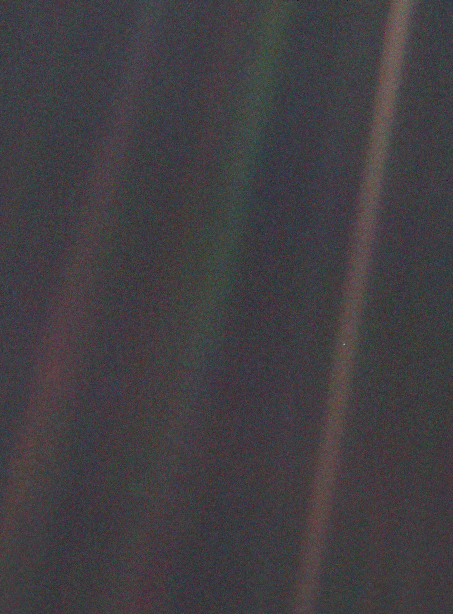First of all, I'm sorry for being away for so long. I was up to my neck in a lot of things. Basically, I did bite off more than I could chew. Also, the cluster headaches only make it worse.
But, I've decided that I'll start blogging regularly, with two posts every week. One on Sunday and one on Wednesday.
Anyways, this post is not going to be a long explanation about why I was away for so long.
This post is basically about a conversation I had with a friend of mine. I wanted to know your thoughts regarding the issue.
Well, we started out with a conversation, and with some hot tea and chocolate cake to go with it, it turned into a discussion about human behaviour and how we perceive things.
I suggested that we humans are nothing but a thought. And we are nothing more than a set of biases and preferences. And we're a collection of belief systems.
All belief systems, combined, give us a unique pattern, something like a fingerprint. Unique for every single being on this planet. No matter how alike two people are, there will be certain differences in their approach to a common subject. Which makes their set of belief systems unique.
These belief systems, I believe are dynamic. But the transition from a set of belief systems to another, will further lead to a unique set of beliefs that is still unique to the person and the same exact set of beliefs does not exist elsewhere, I believe.
Now, all of these belief systems, although rigid in nature, can be flexible and subject to change over time when subjected to influences. Among these belief systems, there is perhaps no other belief system that is as rigid as religion.
I believe, for example, for a non-religious belief system A and religious belief system B, to make an effective change in system A, it is easier to influence change when it is by-passed via system B, implying that religious belief systems hold influence over other belief systems, and the easiest way to alter someone's belief system, is to give your argument a religious edge.
This might seem like a good explanation as to why or how certain terrorist organisations convince people to do ridiculously stupid stuff. They alter their belief systems about life and death, and war, by using religion as a tool.
And we both agreed, that to control the masses, there is no tool that is as effective as religion.
Now, to test my idea, I sent out ridiculous random occurrences cloaked as miracles to religious friends on social media, and I didn't even need to convince them, many of them readily accepted the validity of my claim and praised God for the supposed miracle.
Anyhow, I should also mention that many of my friends were smart enough to see through the whole thing, and instead explain to me why the claims I made were not miracles at all.
This further strengthened my belief in the idea.
Anyways, I'd love to know what you guys think about it.
Does a unique fingerprint of the mind exist, although dynamic?
Why do religious beliefs have such influence over our other belief systems?
What are your thoughts about using religion as a tool to influence people effectively?
What other belief systems do you think have influence over other belief systems?
I would love to know your thoughts on the subject, and I'm waiting for your responses.
You can reply here, in the comments section, or tweet me on twitter.
I'm also on instagram, ask.fm, kik and snapchat.
My username on all platforms is SyedAsif93.
See ya!




